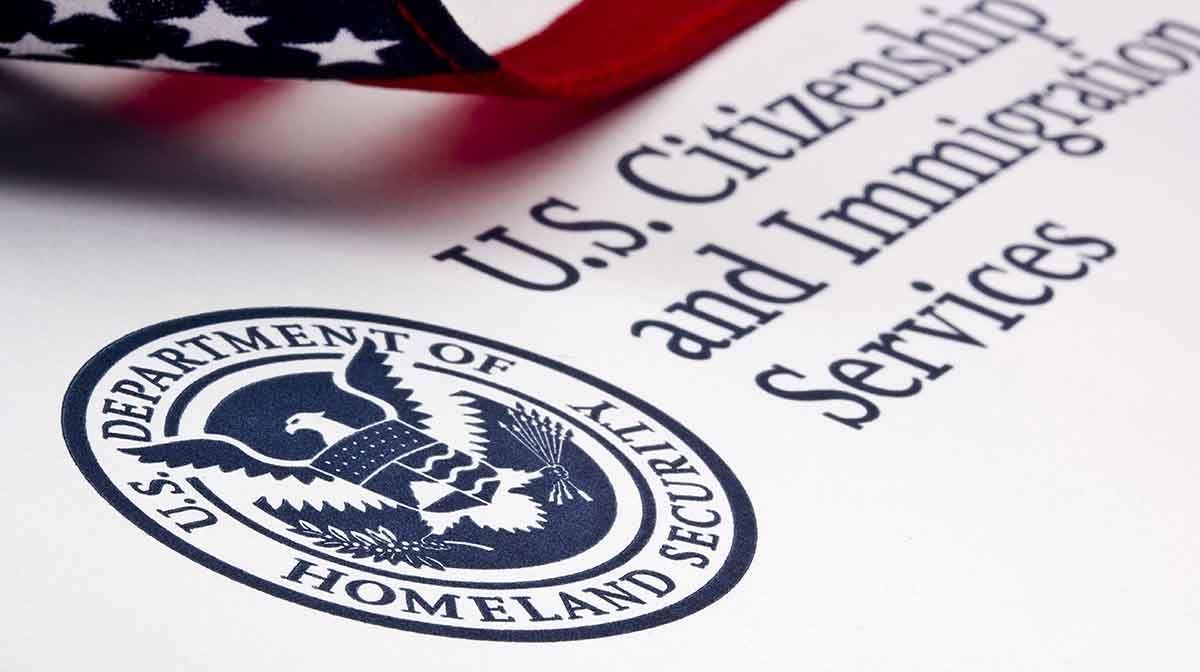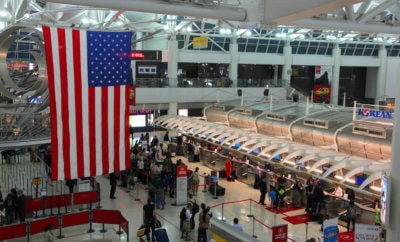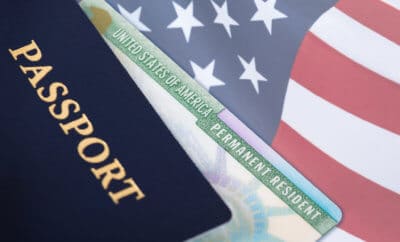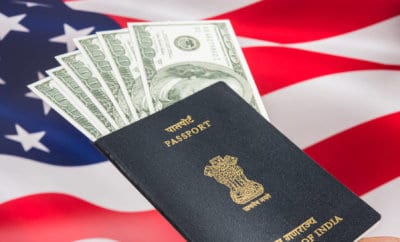Business
U.S. Takes a Step Ahead Towards Scrapping H-4 Visa Work Authorizations

USCIS
Photo: Bigstock
The NPRM is a public notice issued by law when one of the independent agencies of the United States government wishes to add, remove, or change a rule or regulation as part of the rulemaking process.
The U.S. Department of Homeland Security (DHS) has initiated the next step towards revoking the employment authorization of H4 visa holders.
The DHS, which had sought an extension from DC Circuit Court of Appeals to gain more time to review the economic impact of revoking the program in February 2018, has now set the ball rolling for the rule called “Removing H4 Visa EAD Dependent Spouses from the Class of Aliens Eligible for Employment Authorization.” A notice of proposed rulemaking (NPRM) will seek public comments on the policy change in June 2018.
More than 24,000 Indian women with H-4 visa received the employment authorization document (EAD) in FY 2017, according to latest data released by the U.S. Citizenship and Immigration Services (USCIS). Almost 85,000 women and 6,000 men currently have H-4 EAD while over 33,000 women and 2,000 men have successfully applied for extensions, the data shows.
The U.S. administration was earlier sued by a non-profit organization, Save Jobs USA, which claims that employment authorization for certain H-4 visa holders is taking jobs away from American workers.
H-4 visa holders are spouses of H-1B visa holders, with an approved application for legal permanent residency or green card. Since December 2015, which was the first year the program was implemented, many of them found a job or started a business, which, supporters say, has been beneficial for the country’s economy as well. However, the United States administration argues that the work authorization is against the government’s “Hire American” policy.
The DHS has also said that removing the EAD would have significant economic impact such as “cost-savings accruing to forgone future filings by H-4 spouses, and labor turnover costs that employers of H-4 workers could incur.”
It has also been argued that since the rule can be amended by the Secretary of Homeland Security, and doesn’t need to go through Congress, the implementation will happen sooner than anticipated.
Rights groups, Indian American lawmakers, and individuals have urged the administration to continue the policy but the USCIS has reiterated that H-4 visa holders will not be allowed to continue to work.
“I will say that the H-4 visas go to women who are just as qualified, sometimes more qualified, than their spouses but haven’t been able to work,” Congresswoman Pramila Jayapal, D-Washington, said at a U.S. India Friendship Council event in April 2018, according to the Hindu.
“I oppose the move. I am on a bipartisan bill that seeks to ensure work permits for spouses. It is also a question of countering domestic violence,” Ro Khanna, D-California, had earlier said. “Because most of these spouses are women, in the absence of economic independence, they become vulnerable.”
In 2015, 24,791 Indians received H-4 EAD approval. In 2016, more than 31,000 applications were approved, including 28,660 from India, 1,564 from China, and 248 from the Philippines. In 2017, 24,779 applications from India were approved, while in the first quarter of 2018, 6,800 applications were approved, with 6,103 applicants from India receiving approval.



